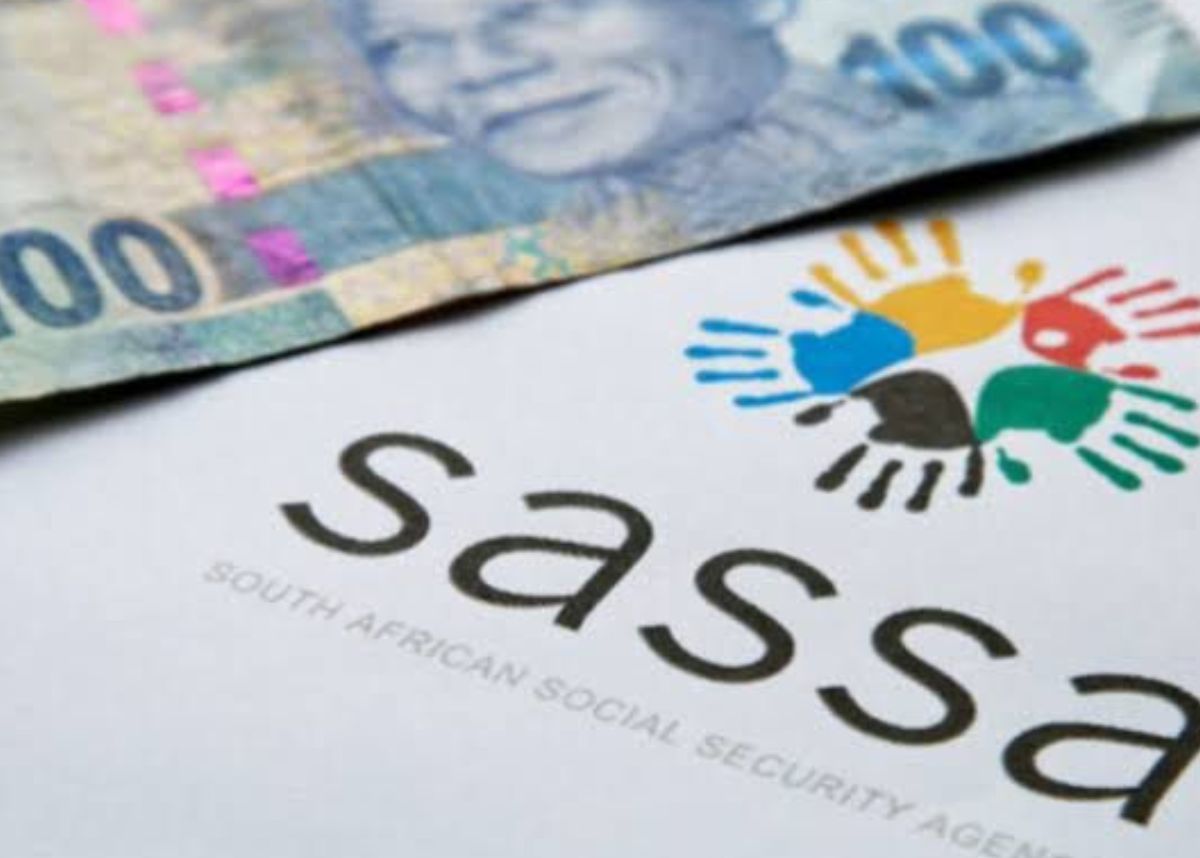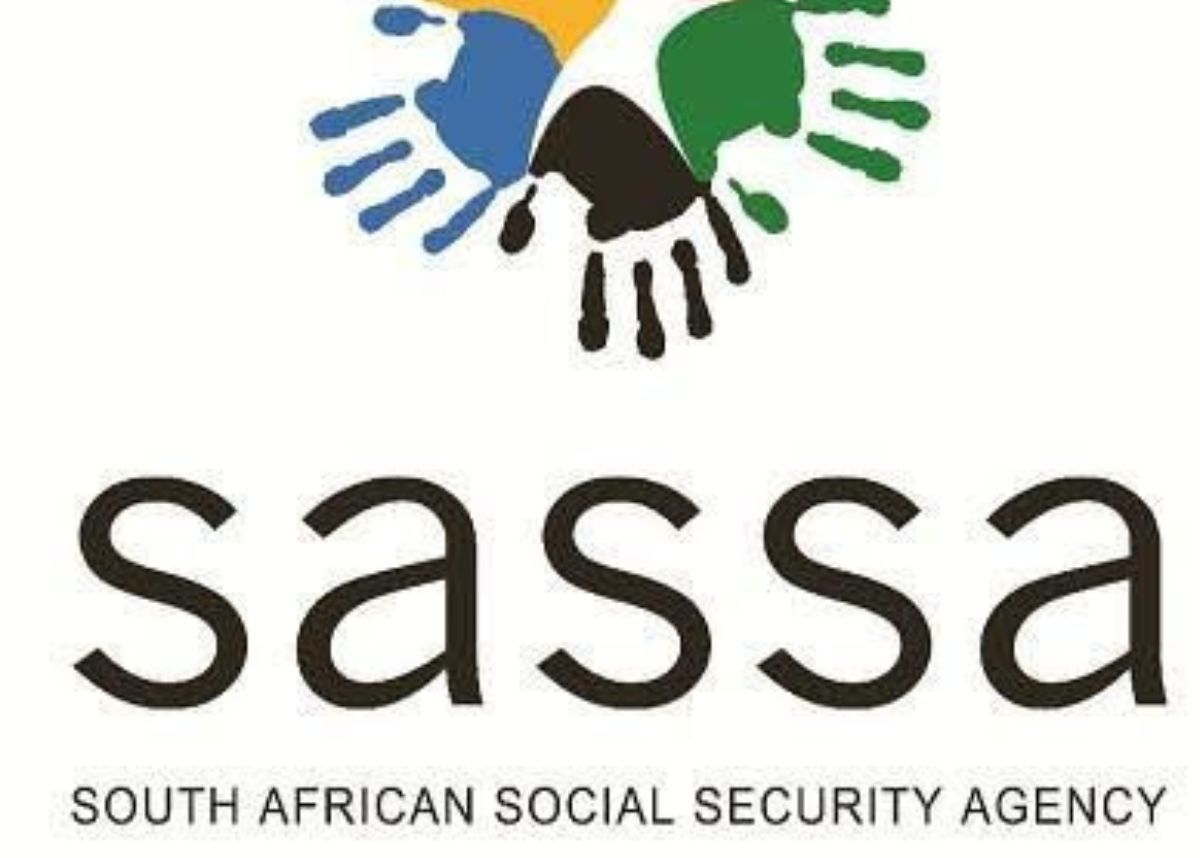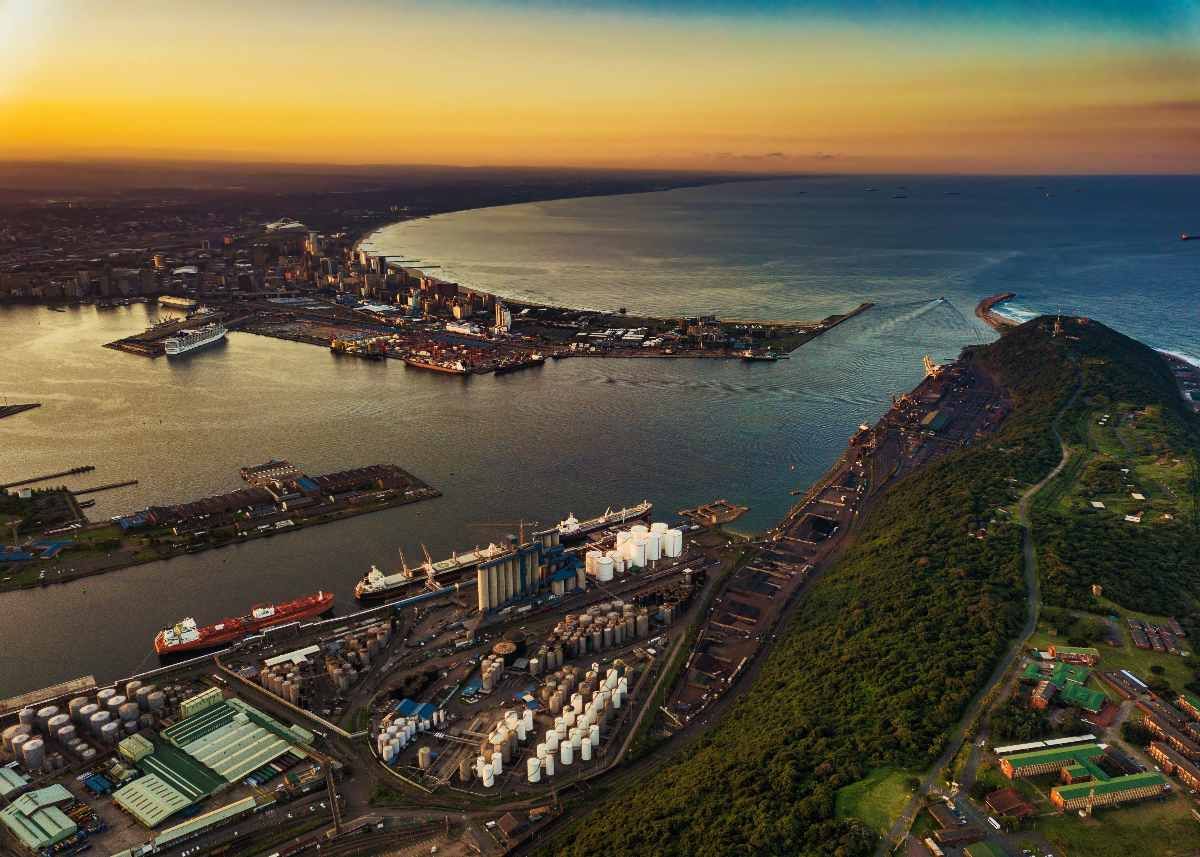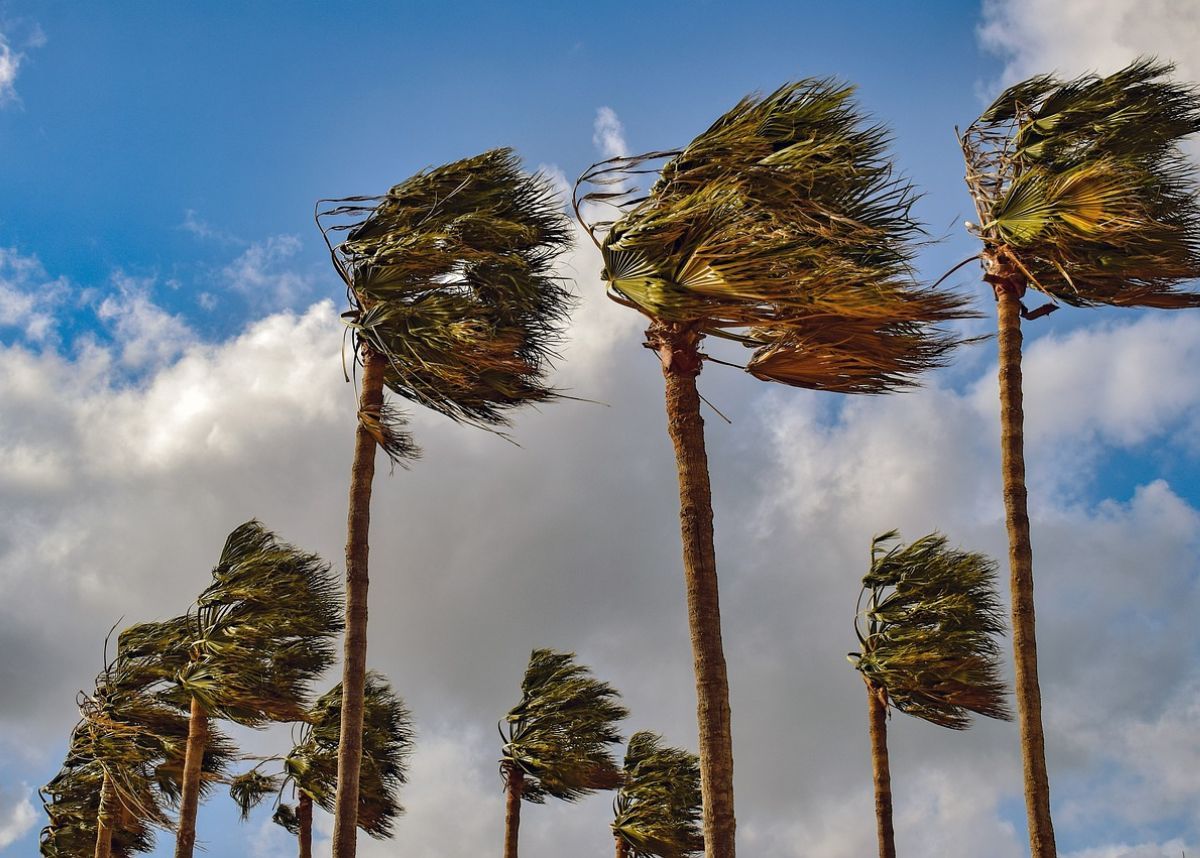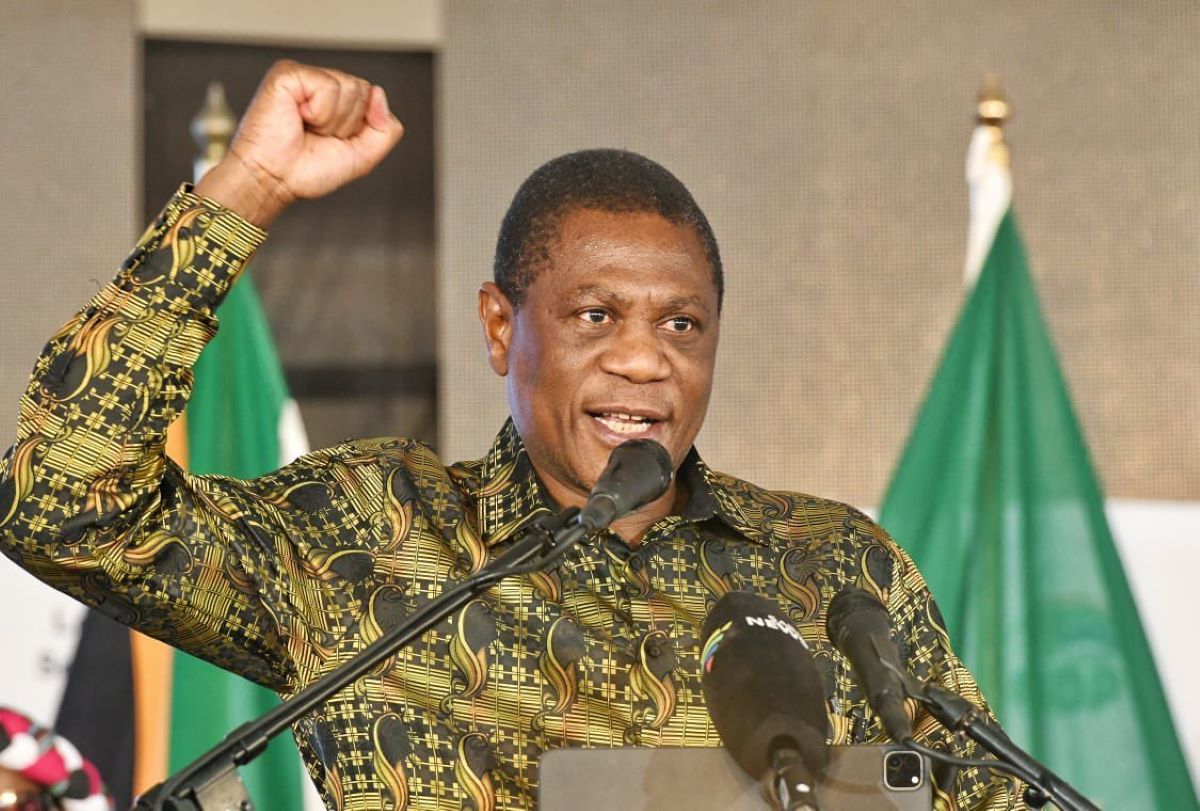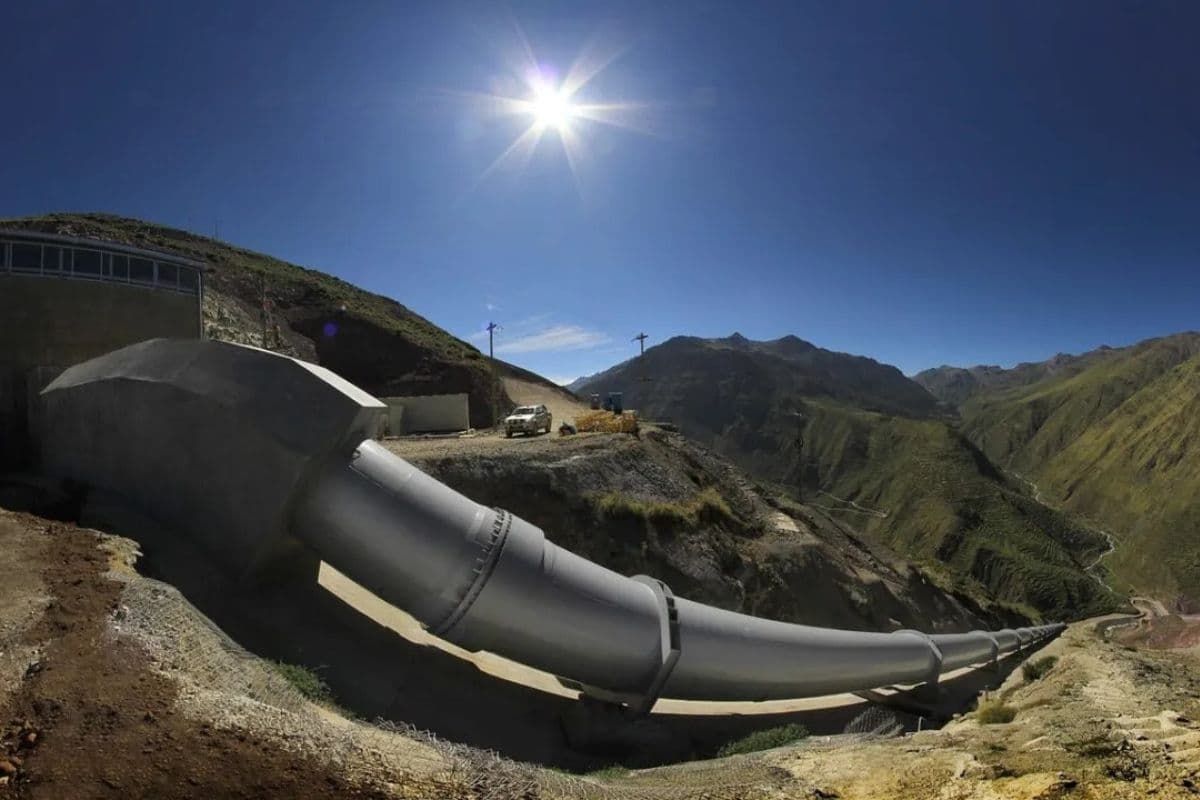
The African Energy Leadership Centre at Wits Business School, in collaboration with IGUA-SA, convened a symposium on 7 May to address the looming gas crisis.
This crisis threatens 70,000 jobs and a significant portion of the country’s GDP.
Mozambique Supply Decline Sparks Alarm
According to BusinessTech, the crisis stems from declining natural gas production from Mozambique’s Pande and Temane fields. Which currently supply most of South Africa’s gas needs through an 850 km pipeline.
Sasol, which operates these fields, has warned that production could drop significantly by 2026, creating a severe supply shortfall.
Major Impact on Industry and Jobs
Professor David Phaho, director of the African Energy Leadership Centre, warned of a looming “gas cliff” that could wipe out more than 70 000 direct and indirect jobs.
These jobs span sectors like manufacturing, petrochemicals, steel, and transport industries that rely heavily on gas for operations and cannot easily switch to alternatives.
“These sectors contribute between R300 billion and R500 billion to the economy each year—around 5% of South Africa’s GDP,” Phaho said.
According to Engineering News, Electricity and Energy Minister Kgosientsho Ramokgopa has also warned that South Africa is heading toward a “gas cliff,” and failure to act could trigger serious economic consequences.
“The gas cliff is not a distant event. It is imminent. But it is not inevitable. We have the analytical tools, institutional memory and public-private platforms to act,” Ramokgopa said.
Short- and Long-Term Proposals
As an immediate measure, Phaho suggested importing liquefied natural gas (LNG) via ports such as Richards Bay, Durban, and Maputo to maintain supply.
In the long term, he called for investment in regional exploration, pointing to discoveries in Namibia’s Orange Basin.
“There’s an opportunity for regional collaboration to ensure long-term energy security,” Phaho noted.
Adding that Mozambique still holds the third-largest gas reserves in Africa.
Government Steps and Industry Concerns
The Department of Mineral Resources and Energy is working on a Natural Gas Master Plan, and Sasol has pledged to extend current operations to mid-2027.
However, business leaders warn that progress must be faster. Ensuring energy security will require clear policy frameworks, timely approvals, and efforts to aggregate LNG demand.
“The symposium was not just about recognising the problem—it was about gathering all stakeholders to craft a unified response,” Phaho said.
A proposed 25-year “gas pact” is now in development, aiming to guide investment and planning for the decades ahead.
Do you think South Africa is doing enough to prevent an energy crisis caused by the looming gas shortage?
Let us know by leaving a comment below, or send a WhatsApp to 060 011 021 1
Subscribe to The South African website’s newsletters and follow us on WhatsApp, Facebook, X and Bluesky for the latest news.

